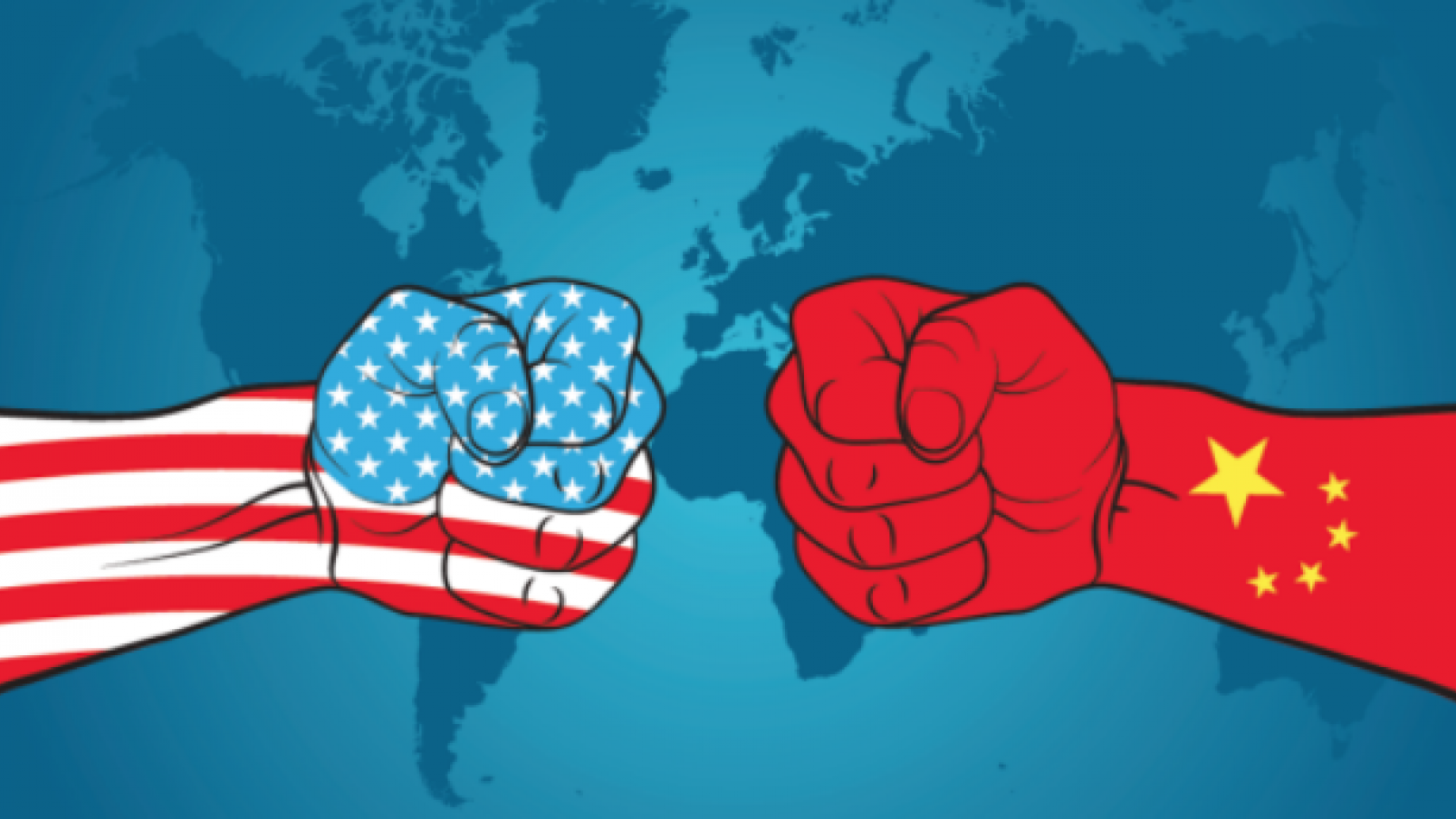US-China Trade War: something could happen in Buenos Aires

The meeting between President Donald Trump and China’s President Xi Jinping at the G-20 summit in Buenos Aires this week is being viewed as a make-or-break moment for the world economy and financial markets. But even if no agreement is reached at the summit, there are at least four reasons to expect a de-escalation of the U.S.-China tariff war.
The lasting import of the meeting between Trump and Xi may be whether it leads to a resetting of ties between the world’s two largest powers, or whether it serves as a way-station toward entrenched enmity.
Recent trends in the bilateral relationship do not provide cause for optimism. The U.S.-China relationship arguably is more strained now than at any point since the normalization of relations in 1979.
In the United States, a policy shift on China has been propelled by a sense that China is winning and America is losing in a 21st-century competition for global preeminence. To arrest this perceived trend, the Trump administration has adopted an increasingly publicly confrontational and zero-sum approach. Vice President Pence has linked progress on economic relations with security issues in a way that Beijing will interpret as evidence of an American effort to challenge China on all fronts. Pence also has touted the toll that President Trump’s trade actions have taken on China’s equity markets, and President Trump has taken credit for preventing China from surpassing the United States in terms of “economic power.” While the causality of these claims is questionable, the intent underlying them is not. The Trump administration views it as advantageous to restrain China’s rise.
From Beijing’s perspective, Washington’s actions reflect the predictable pattern of a declining power trying to hold back the rising power. Many Chinese experts have been forecasting for decades, and particularly since the global financial crisis, that Washington would resist China’s rise. Other Chinese experts have linked the Trump administration’s hawkishness on China to its inability to solve societal challenges at home, such as stagnant wages, growing income inequality, and political polarization. They argue that China presents a useful diversion for Trump away from problems closer to home.

